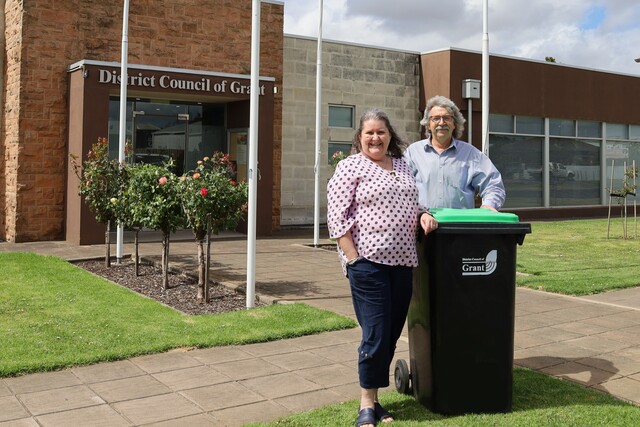The recent six to one decision by the High Court to deny Local Governments the right to rate communications giants Telstra and Optus is a disappointing one for all involved in Local Government. The decision effectively ends the long running battle between 13 Local Governments in New South Wales and four in Victoria with the telecommunications companies. This issue first arose in 1996 when the companies began rolling out pay TV cables from powerlines.
The High Court decided that it would be discriminatory to rate telecommunications companies because of the exemptions that were given to electricity companies by the former Victorian Government during privatisation. Perhaps overlooked in the decision has been the recognition that Local Governments have the right to rate private infrastructure, including cables on public land.
It is good to see the Municipal Association of Victoria and the Campaign for Rate Equity (CORE) Councils have vowed to continue the fight. They are now reviewing all political options including lobbying the Victorian Government to amend legislation passed by the Kennett Government that provided a rate exemption.
Municipal Association of Victoria President, Councillor Brad Matheson, is correct in saying that this is a raw deal for Victorian Councils and communities who are paying the consequences of privatisation. He argues that it is socially irresponsible for Telstra and Optus to operate with an unfair trade advantage over other businesses and expect local communities to pick up the cost of cleaning up behind them.
We agree with NSW Local Government Association Vice President, Councillor Leo Kelly, that the result puts the interests of big business ahead of communities and that above ground cables are an environmental blight and an eyesore. Victorian Local Governance Association Chief Executive, Andrew Rowe, rightly points out that every house hold and business in a municipality pays rates; this decision shifts the rate burden to families and businesses and exempts the telecommunications giants.
The NSW councils and the CORE councils should be praised for the courageous stand they took on behalf of their communities to challenge the privileged position of Telstra and Optus.
The ball is now in the Victorian Government’s court. It is time to have the exemption lifted from the electricity companies. That would clear the way for a fairer system of rating private infrastructure on public property. When the contracts expire, they need to be reviewed and legislation changed to ensure that the new system can go ahead. The Federal Government must also review its own legislative framework when selling public assets to create a level playing field and allow Local Government to rate private companies using public land.
It is astonishing that elsewhere in the western world telecommunications companies pay rates on cables as the cost of doing business. But in a world where utilities are being privatised, this critical issue must be addressed to ensure rating equity for communities across Australia.







